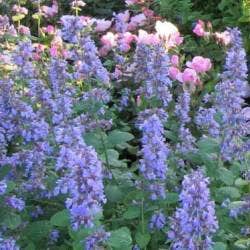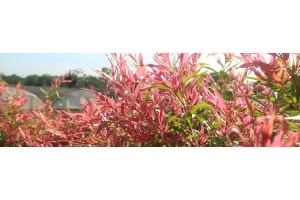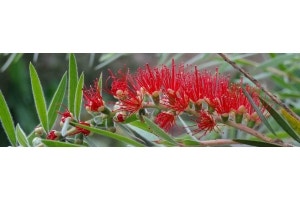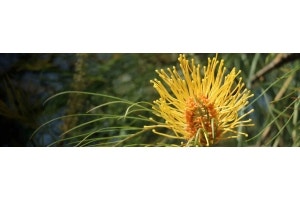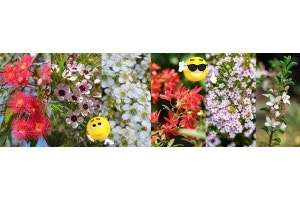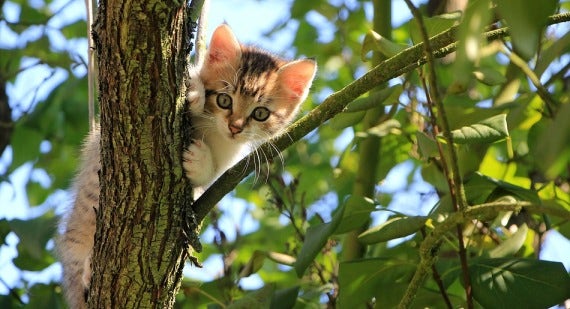
These are some of the more common garden plants that are toxic for cats, and some safe alternatives for you to plant in your garden. We haven't included weed plants.
Remember that there are plants that are perfectly safe and tasty for us that could make your kitty sick - like oranges, tomatoes, stone fruit, as well as several herbs. It's not a complete list, so do check with your vet if you are unsure.
Lilies and Cats - it's not a match
Lilies are a familiar and much-loved flower, even for those of us who aren't keen gardeners or very knowledgeable about flowers.
We have loved these beautiful blooms for centuries, whether the richly-coloured Asiatic lilies; the sweet-scented longiflorum (November) lilies with pure white long trumpets; or the amazing Oriental lilies, starry, bright and intensely perfumed.
However, if you have cats, lilies turn from divine to deadly. All parts of the lily, if eaten, can be very harmful to pet cats. The plant causes vomiting, lethargy, and ultimately kidney failure. The related golden day lilies (Hemerocallis) , and lily of the valley (Convallaria) with tiny white scented bells, are also on the no-go-list for cat owners.
Plants Toxic to Cats
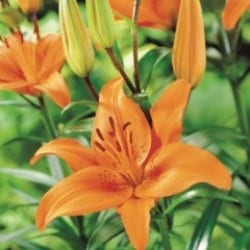
Bulbs
• Amaryllis, Hippeastrum - amaryllis, belladonna lily, naked ladies • Colchicum - autumn crocus • cyclamen • dahlia • gladiolus • gloriosa • hellebore • Hemerocallis - day lily • hyacinth • iris species • Lilium - asiatic lily, christmas lily, oriental lily, tiger lily • lily of the valley • Narcissus - daffodil, jonquil • peony • ranunculus • tulip • Zantedeschia - arum, calla
Fruits & Nuts
• apple • citrus - bergamot, orange, grapefruit, kumquat, lemon, lime • macadamia • Prunus species - apricot, plum, peach, cherry • rhubarb • tomato
Succulents
• Adenium - desert rose, impala lily • aloe • crassula • Euphorbia tirucalli - firesticks • Euphorbia pulcherrima - poinsettia • kalanchoe
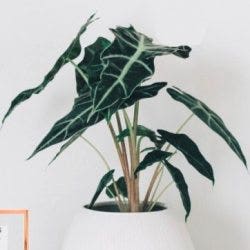
Herbs & Veg
• Allium - chives, onion, garlic, leek • bay tree • borage • catnip • lemon grass • mint • oregano, marjoram • parsley • tarragon • watercress
Indoor & Tropical
• Aglaonema - Chinese evergreen • Alocasia, Colocasia - elephant's ear, taro • anthurium • begonia • Caladium - angel's wings • cordyline, dracaena • cycad • Dieffenbachia - dumbcane • Epipremnum, Scindapsus - pothos, devil's ivy • Ficus benjamina - weeping fig • Monstera - swiss cheese, fruit salad plant • philodendron • Sansevieria - mother in laws tongue, snake plant • Schefflera - umbrella tree • Spathiphyllum - peace lily • Syngonium - arrowhead vine, goosefoot plant • Tradescantia - wandering jew, sweet kate • Zamia - cardboard palm
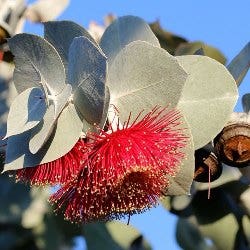
Flowering plants
• achillea - yarrow • azalea • Brunfelsia - yesterday today tomorrow • Dianthus - carnation, pink, sweet william • chamomile, anthemis • chrysanthemum • clematis • clivia • delphinium, larkspur • erigeron - seaside daisy • foxglove • gardenia • hosta • hydrangea • lavender • lobelia • Nerium - oleander • Pelargonium - zonal geranium, scented geranium • primula, primrose • portulaca • senecio • Strelitzia - bird of paradise • sweet pea • vinca • wisteria
Trees & Shrubs & Groundcover
• Buxus - box hedge • Caesalpinia pulcherrima, gilliesii • eucalyptus • Ilex species - holly • ivy • Kalmia - calico, mountain laurel • Ligustrum - privet • Melia azedarach - white cedar • nandina • Pieris japonica - andromeda • Podocarpus - plum pine • poinciana • Taxus - yew • yucca
Plants Safe for Cats
According to vets, catnip or catmint is technically toxic for cats - too much can make them sick. Some cats love it and enjoy it, and some cats have an adverse reaction - just as we do with recreational drugs!
So take note of your particular puss when it comes to the plants in your garden.
If you're missing your lilies, Sprekelia (Aztec lily, Jacobean lily) is a little-known seasonal bulb that has large, flamboyant, richly coloured scarlet flowers that bloom right through summer. It's a sunlover, and drought tolerant, happy to grow in beds and borders or in pots on your patio. We have it, like our other seasonal bulbs, when it's the right time to plant.
Go native, and plant the spectacular giant-size Gymea lily, not a true lily but impressive in scale with an enormous multi-petalled crimson flowerhead. And if you're looking for long stems that you can show off in a vase as well as a border, you can't go past agapanthus with their big round starry flowerheads. Alstroemeria (princess lily), cannas, red hot pokers, triteleia, Zephyranthes (rain lily) and Muscari (grape hyacinth) will all add kitty-safe colour to your garden.

Like dogs, cats also don't mix well with azaleas in the garden. If you enjoy a frost-free garden and want the azalea look, , hibiscus, ixora and tibouchina have vibrant rich colours and softer pastel shades; and like the Encore azaleas, they'll often flower more than once in the year.
To green your home with indoor plants, look for lipstick vine (Aeschynanthus), bromeliads, calathea and maranta (peacock plant, prayer plant, pilea and peperomia, spider plants and Fittonia (snakeskin or nerve plant). Most ferns, palms and orchids are fine for puss too (though they might use them for shredding practice!).
Instead of lavender, plant rosemary, sage (including flowering Salvia), and thyme; for daisy plants choose felicia, aster, coreopsis, gerbera, and sunflower.
If you want the sweet scent that gardenia and brunfelsia bring, plant instead jasmine and star jasmine, which have the same sweet heady perfume.




